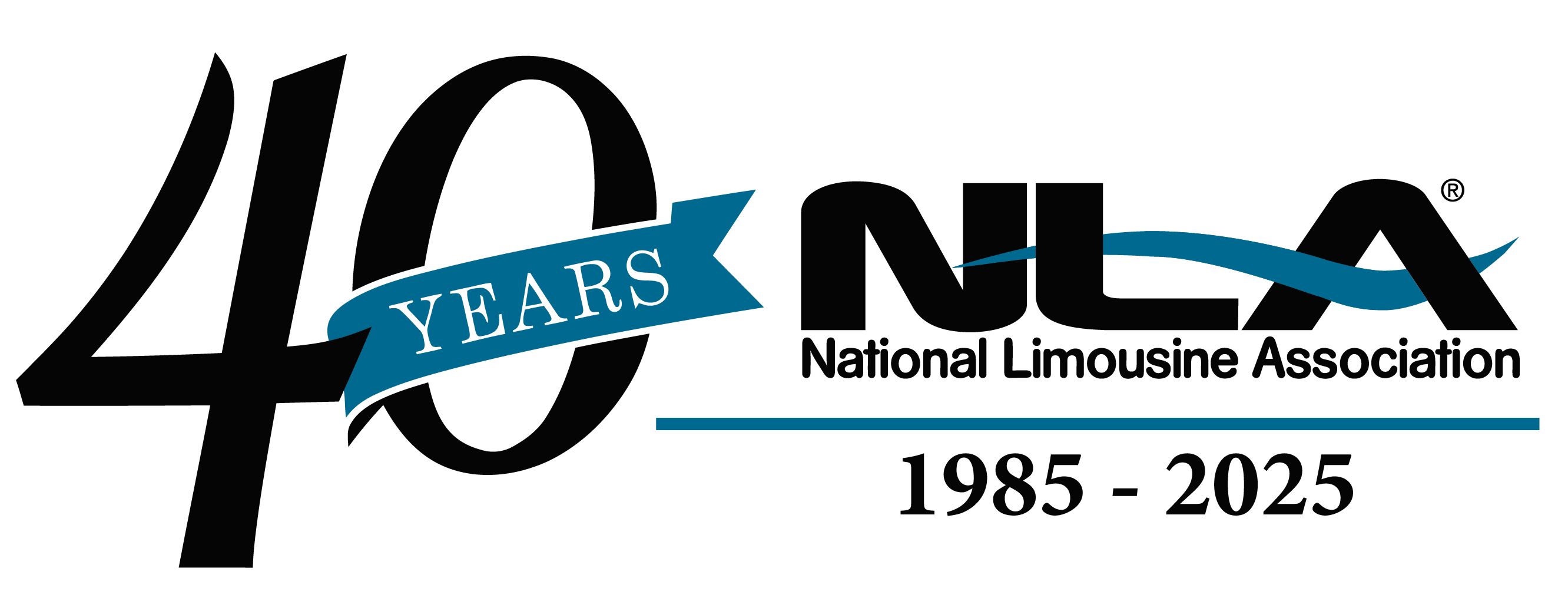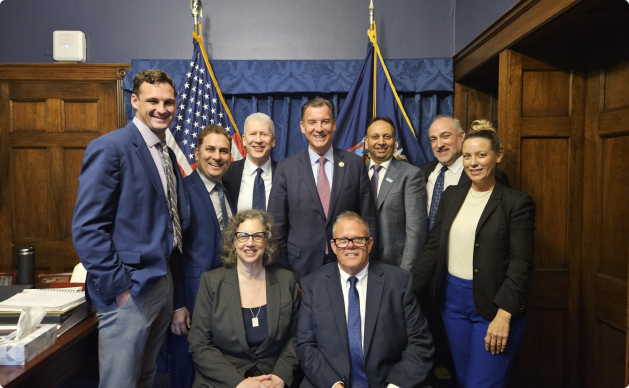When members of the National Limousine Association (NLA) held their version of the Bus & Motorcoach Industry Legislative Fly-In last week, they delivered a similar message.
The NLA, which represents the interests of the prearranged ground transportation industry at the global, national, state and local levels, held its 24th annual advocacy event in Washington on May 15. The group was represented by 66 members who met with 68 legislators spanning 23 states, discussing policies that impact small-business owners throughout the industry as well as the interests of the corporate traveler.
“Ninety-seven percent of our membership are small-business owners; it could not have been more fitting to host this year’s Day on the Hill during Small Business Month,” said NLA President Brett Barenholtz. “This is one of the NLA’s most important and impactful annual events, especially during an election year. I would like to thank the many elected officials and policymakers who took the time to meet and engage in a productive dialogue about the critical issues affecting our industry and businesses across the country.”
NLA members met with senators, representatives and staff members to address three top policy issues:
Tax reform
The group asked Congress to pass the Tax Relief for American Families and Workers Act (H.R. 7024). As an asset-intensive industry, NLA operators must constantly update older vehicles with newer, safer and more efficient models to keep pace with competition and client expectations. This bipartisan bill includes several provisions for the industry’s small businesses to stay competitive. Enhancing the Section 179 deduction and restoring full bonus depreciation would allow operators to keep fleets modern in an era of skyrocketing costs.
Airport access and fairness at the curb
The group wants Congress to extend FAA grant assurances for ground transportation providers, applying the principles of fairness on the airport curb that already exist and work on the tarmac. More than two-thirds of NLA members report that airport transfers make up 50% or more of their annual business, according to a recent survey. Access fees and curb real estate vary widely from airport to airport with little oversight or enforcement, and often there is no recourse when an airport takes advantage of ground transportation operators. This hurts competition, and ultimately, the costs are passed onto consumers.
Congestion taxes
They asked their elected leaders to co-sponsor the Economic Impact of Tolling Act (H.R. 1759), which prevents the Department of Transportation from authorizing or implementing congestion pricing plans without first completing and publishing an economic impact analysis. The public overwhelmingly opposes congestion taxes, as they often divert funds away from roads and fail to reduce traffic congestion, instead moving congestion to areas less equipped to handle it.
It is critical for federal government intervention to ensure congestion pricing does not move forward unchecked. The NLA said it was honored that longtime industry supporter Sen. Jeanne Shaheen, D-New Hampshire, who is chair of the Committee on Small Business and Entrepreneurship, met with members while preparing for Day on the Hill visits.
“We congratulate NLA for a successful fly-in,” observed UMA President & CEO Scott Michael. “Many companies are diversifying their fleets to serve their customers, and that very much aligns many of our mutual concerns.”
To read the full article, click here.

